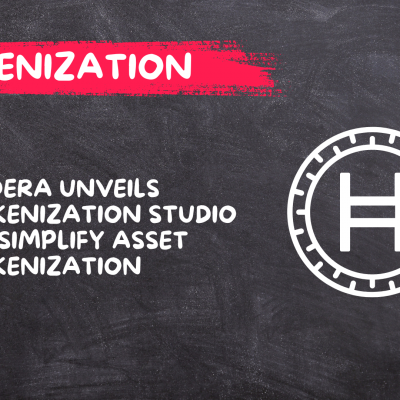UBS is the latest financial institution to make a commitment in the fight against climate change. The company established emissions-cutting goals of 80% by 2050, with an interim goal of 50%. With these new targets and commitments, UBS has become one of the largest investment banks in terms
of ecological impact. This project can only be accomplished through blockchain implementation within its operations.
The “UBS Sets Fossil Fuel Emissions-Cutting Goals” is a news article from UBS that discusses the company’s plans to reduce its carbon footprint by 40% by 2020. The article also mentions that UBS plans to invest in renewable energy and fossil fuel divestment.
UBS has said that by 2030, it plans to reduce its financing of fossil fuel emissions by more than two-thirds. On March 11, Switzerland’s biggest bank said that it will join other lenders in establishing goals for the first time in 2022.
Over a hundred banks have already committed to achieving net-zero carbon emissions by 2050, and they are under intense pressure to provide detailed information on the drastic near-term reductions that would be necessary if they are to have a reasonable chance of fulfilling their objective.
On Friday, UBS announced intentions to reduce its loan book financing of emissions generated by the gas and oil industries by 71% by 2030, compared to a baseline of 3.781 million tonnes of CO2 emissions equivalent in 2021. This was a bigger reduction than the rivals’ announcements, but it came from a far smaller loan book.
The bank noted that its goal was to record a decrease in absolute emissions, as opposed to some of its competitors’ more flexible ‘carbon intensity’ measurements, which connect emissions to the amount of gas or oil produced.
Credit Suisse, a Swiss competitor, said on March 10 that it intends to reduce its exposure to “financed emissions” in the coal, gas, and oil industries by 49% by 2030, compared to a noteworthy baseline of 37.1 million tonnes of CO2 equivalent in 2021. It’s clear that coal isn’t part of UBS’ agenda, which it described as a “marginal” sector for the bank.

HSBC said in February that it expects to reduce emissions associated with loans to oil and gas customers by up to 34% over the next decade. Citigroup, for one, said in January that it will lower its energy-related emissions by 29% during the same time period.
JPMorgan, Goldman Sachs, Standard Chartered, and Natwest are among the other lenders that have established objectives. In 2021, UBS’ loans to the fossil fuels industry fell to The other lenders, including JPMorgan, Goldman Sachs, Standard Chartered, and Natwest have also set their goals. UBS’ lending volume to the fossil fuels sector dropped to $0.7 billion in 2021. Its general lending exposure to any carbon-related assets was $45.6 billion, or 9.9% of its cumulative customer lending..7 billion. It has a $45.6 billion general lending exposure to any carbon-related assets, or 9.9% of its total customer loans.
UBS is also working to minimize the carbon intensity of the power production firms it lends to, as well as the commercial real estate and residential financing it does. Adding to the fossil fuels, they accounted for a considerable portion of the emissions that it funds, making them all important priority areas.




